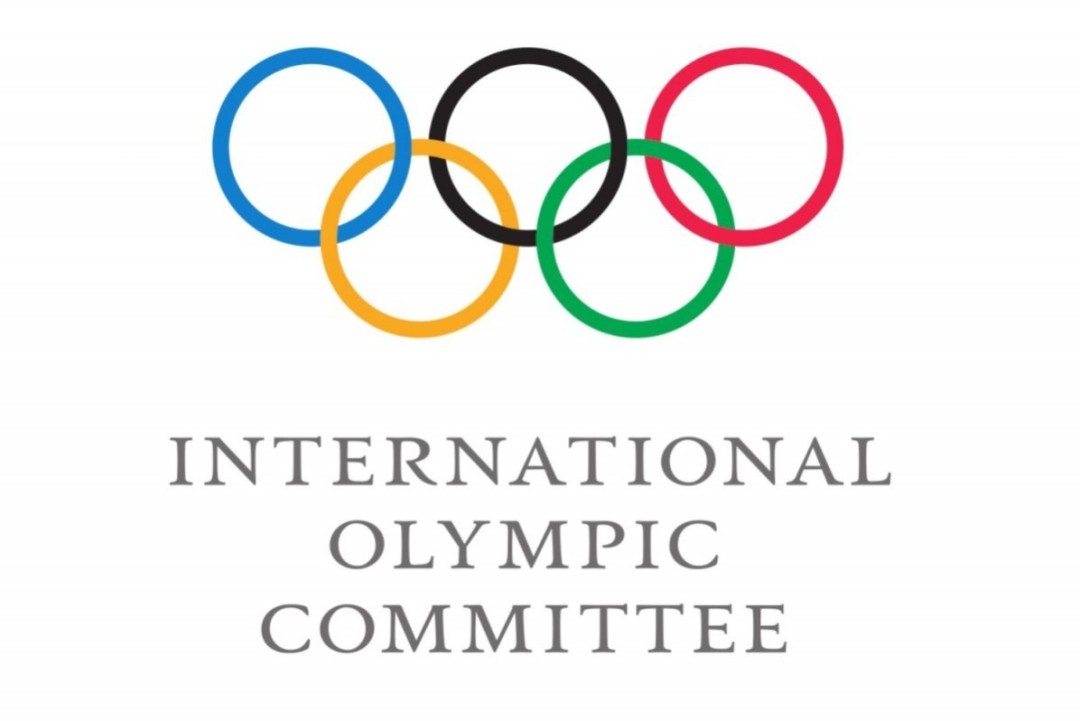Wed, July 10, 2024
IOC asked to ban Dutch beach volleyball player convicted of rape

The Sports & Rights Alliance Athletes Network for Safer Sports, The Army of Survivors, and Kyniska Advocacy have released a joint statement calling on the IOC to take action against Steven van de Velde and prohibit him from participating in the Paris Olympics.
Steven van de Velde raped a 12-year-old girl in 2014 when he was 19. He pleaded guilty to three charges of rape and was sentenced to four years in prison in 2016, though he ultimately only served one year. After serving part of his sentence, he was transferred to the Netherlands, where his sentence was adjusted to Dutch law standards. Van de Velde has been competing in beach volleyball since 2017, immediately after his release, and was named last month to the Dutch Olympic team. His participation in the Olympics in Paris is supported by both the Dutch National Olympic Committee (NOC) and the National Volleyball Association.
“Athletes who compete at the prestigious level of the Olympic Games are often perceived as heroes and role models – Van de Velde should not receive this honor. In contrast to what the Dutch NOC experts argue about the low risk of recidivism, his qualification for the Games should also be scrutinized through a moral lens. His participation is already causing further harm to people with lived experience,” said Joanna Maranhão, Network Coordinator of the Athletes Network for Safer Sports.
Currently, the Olympic system has no background checks for sexual offenses committed by sports governance leadership, coaches, trainers, or athletes.
“To have a convicted rapist representing their country on a global stage not only goes entirely against the Olympic ideals and commitments but shatters the IOC’s vision of building ‘a better world through sport,’” said Mhairi Maclennan, survivor and Co-Founder & CEO of Kyniska Advocacy.
Athlete advocacy groups urge the IOC to take the following actions:
- Disqualify Van de Velde from participation in the 2024 Paris Olympic Games.
- Review and strengthen the Olympic eligibility criteria for all competitions, in consultation with civil society and affected people, to align with international safeguarding standards and the UN Convention on the Rights of the Child.
- Conduct comprehensive background checks on all athletes, coaches, trainers, and individuals that will have access to athletes and/or the Olympic Village.
The selection of athletes for the Olympics rests with each national NOC, though the IOC does send individual invitations following national nominations. The IOC has the right either not to issue invitations or to withdraw them before or during the Olympics. For instance, it declined to issue Paris Games invitations to some Russian and Belarusian athletes who had met qualifying criteria following a vetting process related to their active support of the war in Ukraine or contractual links to Russia's military.



